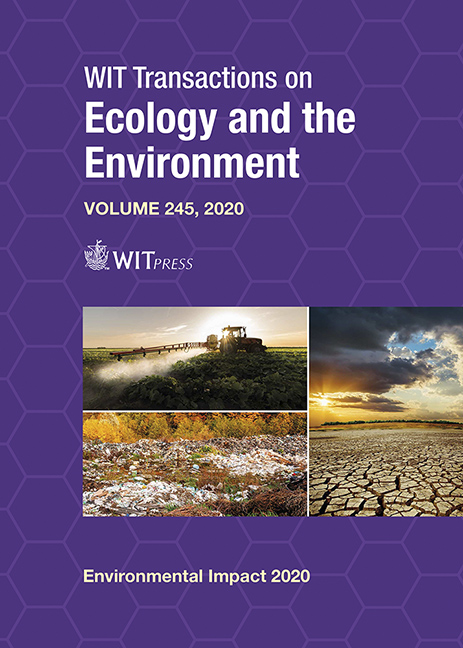INTEGRATED ENVIRONMENTAL AND ECONOMIC EDUCATION AS A FACTOR OF SUSTAINABLE DEVELOPMENT OF MODERN SOCIETY
Price
Free (open access)
Transaction
Volume
245
Pages
8
Page Range
157 - 164
Published
2020
Paper DOI
10.2495/EID200151
Copyright
WIT Press
Author(s)
ARTEM SALAMATOV, DARIA GORDEEVA, ALEXEY AGAPOV
Abstract
The integration of economics and ecology is becoming a global trend, and the values of industrial civilization no longer meet the modern requirements of safe and sustainable development. Awareness of the unity and balance of socio-ecological-economic interests, which are the basis of the life of mankind, led to a fundamental idea about the transition of world-management thought to a new way of making safe environmental and economic strategic decisions, and the rejection of the old, extensive path that has not justified itself. In light of the goals and objectives of integrated environmental and economic education, it is necessary to revise generally accepted ideas about the causes of the degradation of the planet’s ecosystem and the slowdown in global economic growth, which are not so much technological progress as the person himself, his personal qualities, and personality orientation, the formation of which depends on the field of education. The developed principles of integrated environmental and economic education are considered by us as an effective tool for the training of highly qualified specialists who possess the entire set of professional knowledge and value orientations that correspond to the realities of the current unstable environmental and economic state of social development.
Keywords
sustainable development, integrated education, environmental and economic education, environmental and economic values, axiological approach to education





